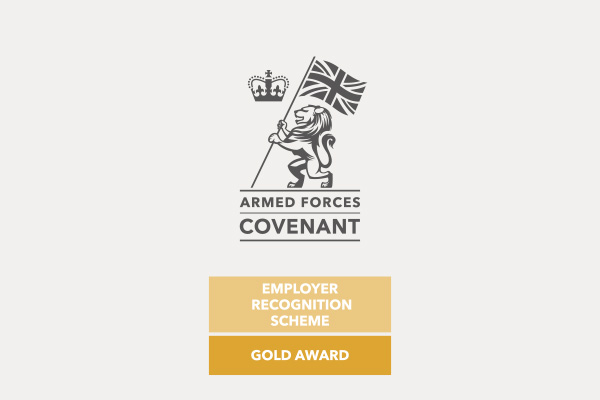Introduction
The effectiveness of any military force depends on its managers understanding of the evolving requirement to sustain, retain, attract and recruit the people it needs. Your management skills are key to transforming your people, and this course can enable you to utilise the military system to unlock their full potential and achieve your own.
The University of Lincoln recognises the need for both a high-level of managerial underpinning and an associated level of academic expertise and has developed The BSc (Hons) Engineering Management as a final year top-up course. The degree presents military engineers and technicians at all levels with an opportunity to enhance their managerial and academic skills within their particular area of operational expertise. Qualified applicants will join the degree in the third year.
The programme is open to all suitably qualified applicants and offers an opportunity to transfer relevant academic qualifications and work experience to achieve a degree in Engineering Management. The first and second years of the degree are accredited through previous academic qualifications and/or relevant professional experience.
Flexibility
Flexibility is a key feature of this programme and University of Lincoln regulations do permit military students to formally interrupt their studies, at no extra cost for a period of up to 24 months in light of Out of Area or other such commitments. In effect students can pause their studies until they are in a position to continue.
How You Study
A range of teaching and learning methods such as online sessions, directed reading and videos with an aim to facilitate a community of practice learners are used on the BSc (Hons) Engineering Management. Central to this is Blackboard which is an online teaching and learning resource. Turnitin within Blackboard is also used for assessment purposes and students’ study and are assessed completely online.
How You Are Assessed
The course and associated assessments are at final year degree level and, applicants should be prepared to offer the commitment and dedication to produce work of an appropriate standard. Throughout the programme assessment methods are designed to enable you to develop your potential. The course enables you to consider the application of general theory to your specific working environment and assessment strategies can include reflection, essays, reports, portfolios and a short video. Exams and group work are not utilised.
Assessment Feedback
You can receive written comments and a score for summative work. Feedback will be designed to help you to develop and improve for the next assessment. The University of Lincoln's policy on assessment feedback aims to ensure that academics will return in-course assessments to you promptly – no later than 15 working days after the submission date.
Methods of Assessment
The way you will be assessed on this course will vary for each module. It could include coursework, such as a project or essay, written, and portfolio development, or presentations.
Duration
Students typically take 19 to 20 months to complete the programme, including scheduled spring, summer, and winter study breaks.

/prod01/university-of-lincoln-cdn-pxl/media/responsive2017/lincolninternationalbusinessschool/work-baseddistancelearning/military/wbdl_engineering_management_open_mil.jpg )